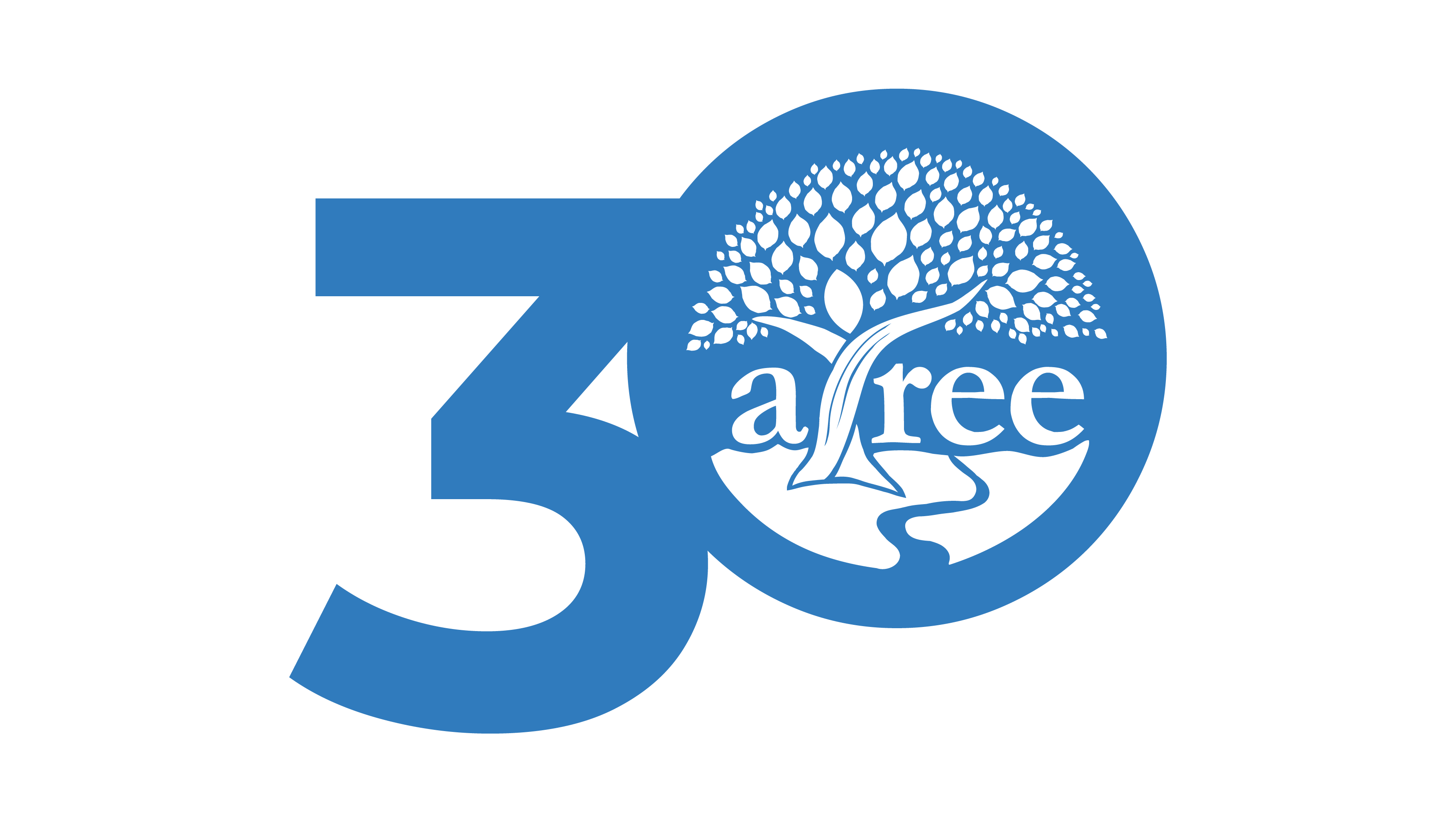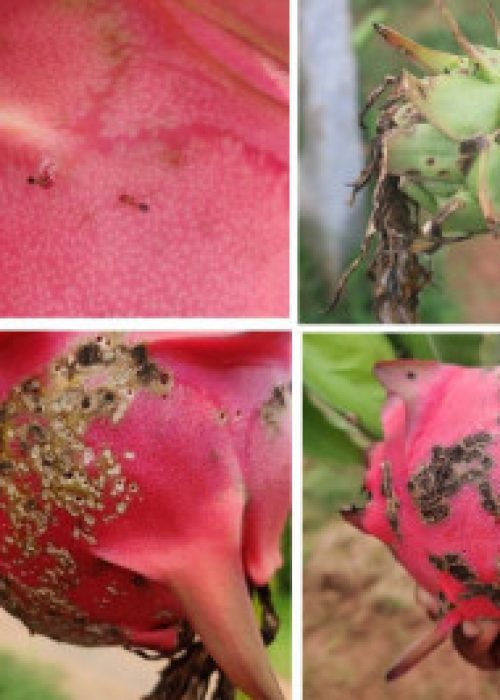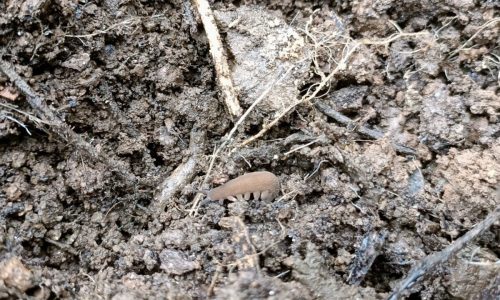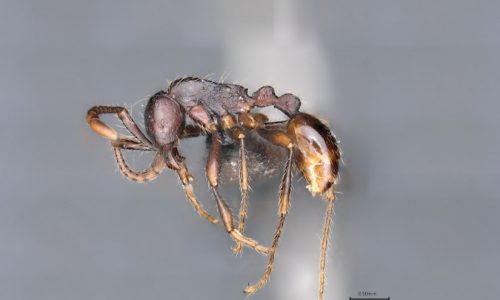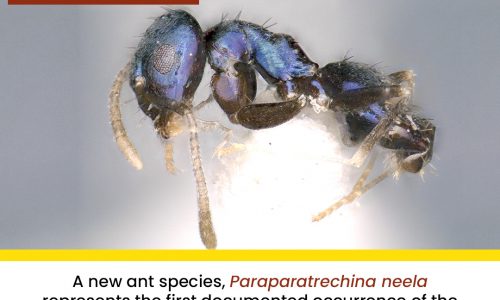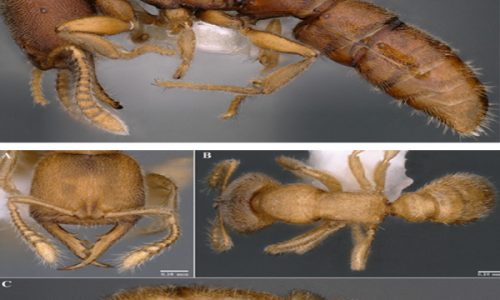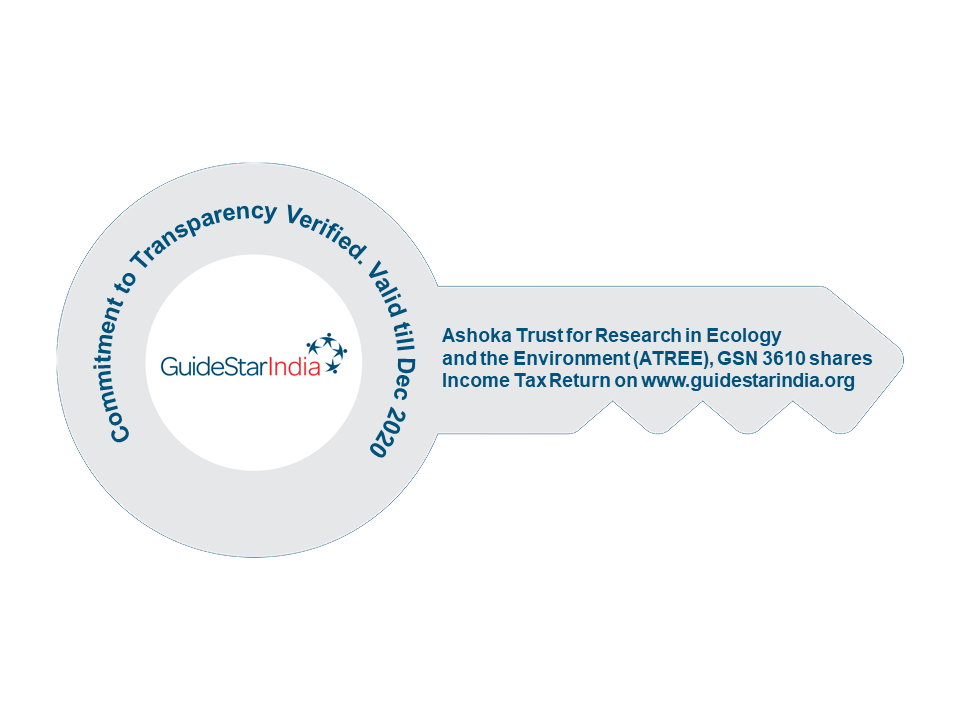Current Science | October 14, 2025
Ants are integral to agricultural ecosystems, playing roles that range from beneficial to detrimental, particularly in dragon fruit (Selenicereus spp.) cultivation. The present study examines the diversity of ant species associated with dragon fruit orchards, focusing on their ecological roles, pest behaviour, and impact on plant health and yield. Field studies conducted at two locations in Karnataka, India, revealed eight ant species, including Trichomyrmex destructor (Jerdon, 1851) (Myrmicinae: Formicidae: Hymenoptera), a major pest, and others categorised as mutualistic or neutral. Ant activity, especially during the ripening stage, caused direct damage to fruits and indirectly fostered pest infestations through mutualistic relationships with sap-sucking insects. Yield losses ranging from 10%–30% were attributed to ant-induced damage. Further, the wounds created by ants attracted the colonisation of fungi, Curvularia lunata, which further deteriorated the fruit quality. The study emphasises the need for balanced pest management strategies that mitigate harmful ant activity while leveraging the ecological benefits of neutral and beneficial ants. The findings offer insights into sustainable practices that minimise chemical inputs and improve the profitability of dragon fruit cultivation.
